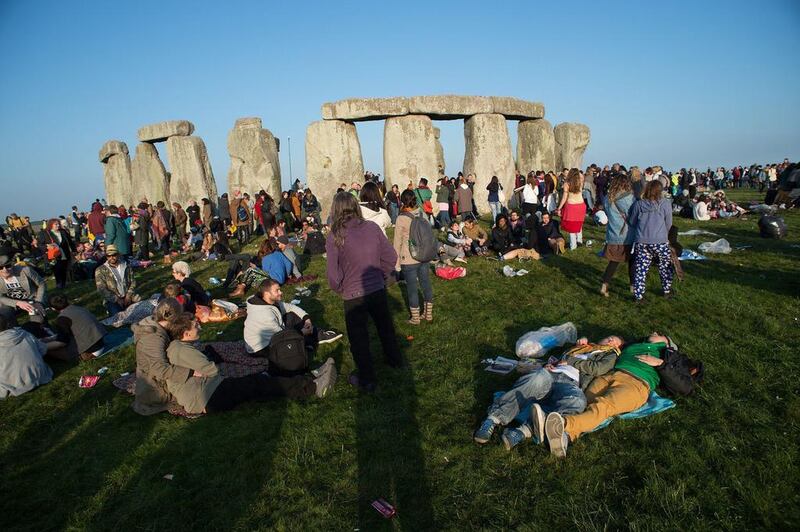Stonehenge could be the next historical site in the UK to be stripped of its World Heritage status owing to concerns over a planned road tunnel near the landmark.
Unesco told ministers that the ancient monument was at risk of being placed on the “in danger” list because the £1.7 billion ($2.3bn) dual carriageway tunnel would irreversibly damage an area of “outstanding universal value".
The cultural agency said the landmark would have its status downgraded in 2022 unless designs for the 3.3-kilometre tunnel were changed, The Guardian reported.
A site that is “in danger” is one step away from losing its World Heritage status.
On Wednesday, Liverpool became only the third site to be stripped of its World Heritage status since 1978, owing to concerns about overdevelopment on its waterfront.
Unesco said the UK government had allowed an “irreversible loss” of historic value by failing to protect the site.
The government said Liverpool still deserved heritage status because of “the significant role the historic docks and the wider city have played throughout history".
But heritage groups said the decision was a moment of shame for Britain, urging ministers to invest more in the country's historic sites.
Chris Blandford, the president of World Heritage UK, said there was “low awareness at the government level” of the importance of the country’s 31 Unesco sites, which also include the Palace of Westminster and Kew Gardens, both in London.
Constructed between 5,000 and 4,000 years ago, Stonehenge, on Salisbury Plain in Wiltshire, is located alongside a motorway providing the most direct route between south-east and south-west England.
Highways England proposed the tunnel to tackle a traffic bottleneck in the area.
Transport Secretary Grant Shapps approved the tunnel in November despite a warning from Unesco that it should not go ahead.
The heritage body raised concerns that a short and shallow tunnel would damage the wide open space in the area, recommending a longer, bored tunnel so more of the dual carriageway would be covered.
A hearing in the high court in June heard that Mr Shapps did not properly consider the damage to heritage sites when he approved the project.
The court is still making a determination on the project.
The Department for Transport said in June: “We are confident the decision taken by the secretary of state to proceed with the A303 Stonehenge project was correct, lawful and well-informed.”






